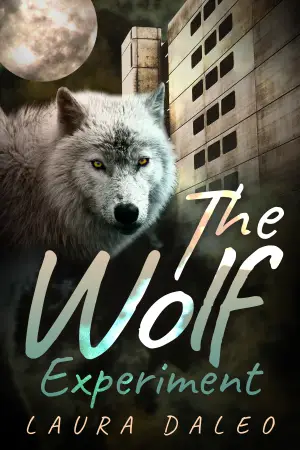I recently finished "Shroud" by Adrian Tchaikovsky, and I must say, it was an utterly captivating journey through an intriguing universe. As a long-time fan of science fiction, especially tales that delve into the complexities of first contact, I was drawn to this novel by its unique premise: a crew stranded on a planet shrouded in darkness, battling both environmental challenges and alien species. Tchaikovsky is renowned for his imaginative storytelling, and I was excited to see what he’d conjured this time.
Set on Shroud, a moon with a high-gravity, high-pressure, zero-oxygen environment, the stakes are immediately high. The protagonists, Juna Ceelander and Mai Ste Etienne, are forced into a perilous emergency landing, setting off a tense and gripping adventure. One of the central themes of the book is the idea of survival against a multitude of odds, compounded by the threat of the unknown lurking in the dark. I found Tchaikovsky’s depiction of the alien environment to be both rich and immersive, painting a vivid picture of something so alien yet familiar.
Readers have praised the book for its creativity and the freshness of its narrative, with one reviewer noting its wild originality. I wholeheartedly agree. Tchaikovsky’s ability to construct an entirely new ecosystem and species, along with their intricate interactions with humans, was a significant highlight. The novel captures the essence of a “first contact” story while flipping the expectations of the genre. It’s far removed from the simplistic portrayal of extraterrestrials that often plagues sci-fi narratives, instead offering layered and compelling alien lifeforms.
However, I did encounter a few drawbacks that resonated with other readers. Many noted the book’s slow-paced beginning, which I also found a bit tedious. The setup took time to unfold, slowing the momentum before the real action took place. A few characters, particularly the main protagonists, didn’t evoke the empathy I wished for as I navigated their challenges. Claudia C. mentioned that while the construction of the story was exceptional, she struggled to connect with the characters, and I found myself in a similar boat.
Despite its slower moments, "Shroud" often delivers a gripping exploration of human folly in the face of vast and misunderstood complexities. The narrative deftly pulls on elements of existential dread and capitalism’s grasp on exploration. One of the standout moments was Tchaikovsky’s portrayal of how the humans’ hubris collides with odds they never anticipated. There’s a brilliant twist involving the alien species that not only surprised me but also provided depth to the narrative, showcasing Tchaikovsky’s unique talent for conceptualizing alien minds in ways that feel simultaneously alien and relatable.
In terms of writing style, Tchaikovsky excels in clarity and flow. His prose can pull you in; I found myself completely invested in the world he created. Despite my earlier mention of slower pacing, when the action did ramp up, it was undeniably thrilling. The book’s overall concept, examining different psychologies shaped by alien evolution and circumstances, kept my intrigue alive.
In conclusion, "Shroud" is a riveting addition to the science fiction genre that explores the depths of humanity’s darkest corners while promoting a sense of wonder about the universe. While there were some pacing issues and character connections that fell flat for me, the originality and intricacy of the worldbuilding made it a memorable read. I would recommend this book to anyone seeking an imaginative first contact story that challenges the typical tropes but be prepared for a gradual build-up before the gripping events unfold.
If you enjoy a narrative that not only entertains but also provokes thought and reflection about our place in the universe, "Shroud" is a worthy choice. My final verdict is a strong 4.5 out of 5 stars—definitely worth the read for sci-fi enthusiasts and Tchaikovsky fans alike!
Discover the gripping world of Shroud and unravel its mysteries. >>








